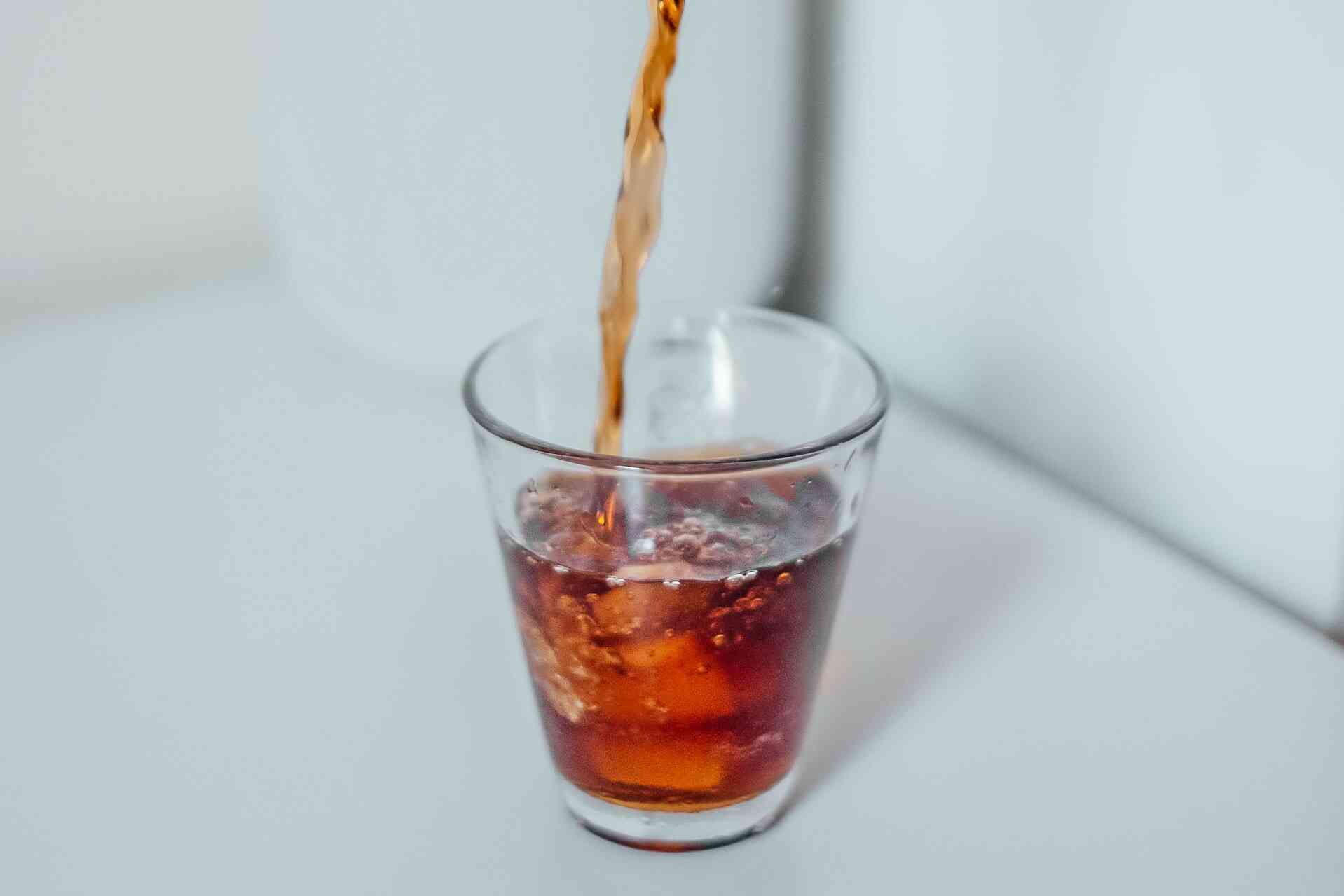New Zealand-based companies are earning more from increased exports of sugary drinks to the Pacific, while Kiwi taxpayers are helping pay for rising healthcare costs.
The finding is from Australian research, which shows imports of sweetened drinks to Pacific countries increased by an average of 0.3 kg per person each year from 2000 to 2015.
The SMC asked experts to comment on the research.
Associate Professor Lisa Te Morenga, Rutherford Discovery Fellow, Research Centre for Hauora and Health, Massey University, comments:
“Imported foods and drinks are widely recognized by Pacific governments to be a major contributor to increasing rates of non-communicable diseases in their countries. However, they face big challenges when trying to limit the supply of unhealthy food and drink imports into their countries.
“One barrier is that, in return for the aid provided by countries like New Zealand, they are required to sign up to free trade agreements that prevent restrictive trade practices such as unhealthy food taxes or import bans. The latest research from Australian researchers, Lo and colleagues, highlights this problem. New Zealand businesses are making increasing and substantial profits exporting sweetened drinks to our Pacific neighbours, despite their undisputed role in driving up obesity rates and poor oral health, and their associations with other non-communicable diseases.
“It’s incredibly disappointing that New Zealand is the world leader in sweetened drinks exports to the Pacific. We are better than this. Our decisive Covid-19 response has protected us and our Pacific neighbours from the horrors that other nations have experienced during the pandemic. I urge our Government to take the global pandemics of obesity, diabetes and other non-communicable diseases as seriously as they have Covd-19, and support Pacific nations to control the quality of imported foods and drinks entering their food systems.”
Conflict of interest statement: “I am the chair of the Food Policy Group of Health Coalition Aotearoa but have no other conflicts to declare.”
Dr Bodo Lang, Senior Lecturer, Department of Marketing, University of Auckland, comments:
“The import of sweetened beverages (SBs) into the Pacific Islands has increased from 2000-2015. This increase in free sugars in a liquid form is likely to be a leading contributor to poor nutrition in the Pacific Islands. This is troubling because the Pacific Islands are particularly vulnerable.
“So who is to blame? Surely it’s consumers who make free and informed choices, right? Well, SBs are difficult to look past. They are heavily taste-tested to appeal to a broad audience. They are also packaged, promoted, and priced to make them highly desirable. And often they are the only choice, or at least a dominant choice, at the point of sale. Research has shown that the more widely distributed a product is, the bigger its market share. So it takes an informed and committed consumer to opt for other, healthier beverage choices.
“So what can be done? To effectively address the increasing import of SBs into the Pacific Islands, central intervention is most likely the most effective tool. Restricting the availability, using plain packaging, adding warning labels, and using effective price signals are likely to discourage the consumption of SBs. In other words, de-marketing SBs should be part of the solution to curb the increasing consumption of SBs in the Pacific Islands. Many countries have effectively used such strategies for other harmful products, such as alcohol and tobacco. So let’s use similar strategies to improve health in the Pacific Islands.”
No conflict of interest declared.
